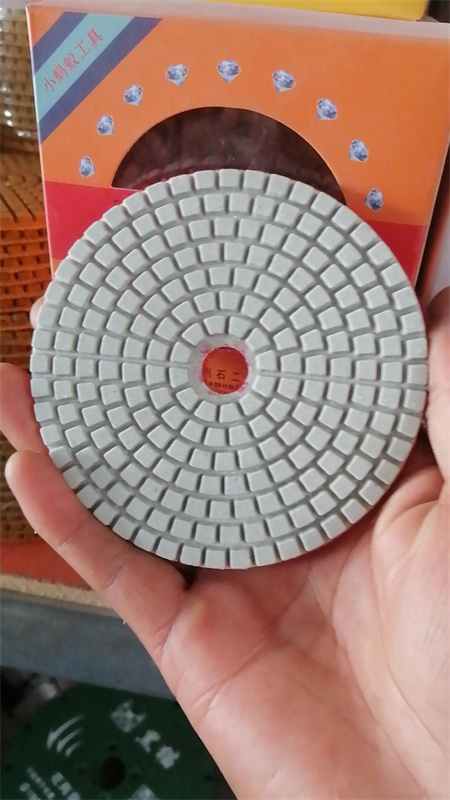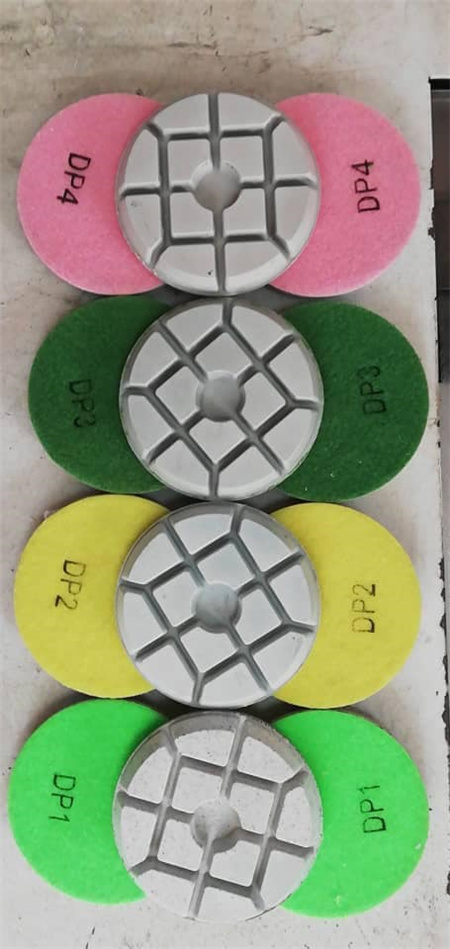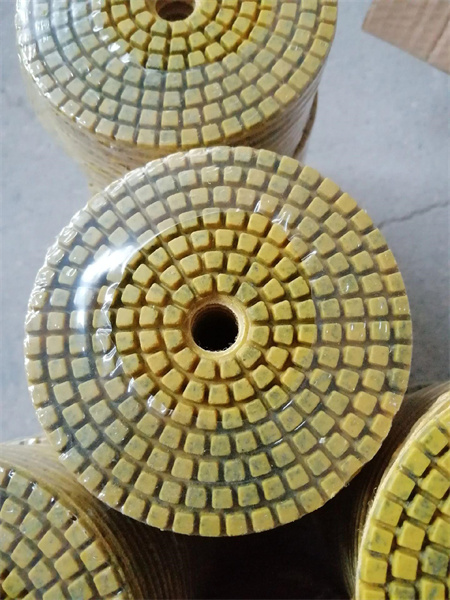Why Resin-Bonded Pads Are Ideal for Polishing Soft Stone

First and foremost, the flexibility of resin-bonded pads is what sets them apart from other types of polishing tools. Soft stones, by nature, are more porous and prone to scratching compared to their harder counterparts like granite or quartz. Resin-bonded pads are designed to adapt to the texture of the stone surface, ensuring that they maintain a consistent finish without causing damage. Their inherent flexibility allows them to follow the natural contours of the stone, preventing the uneven wear that can occur with stiffer materials.

The durability of resin-bonded pads also makes them a standout choice. When polishing soft stone, you want a tool that will last through many cycles without breaking down. Resin pads are known for their longevity, offering excellent performance over time. The resin material provides a robust bond that can withstand heat and pressure, both of which are common when polishing stone surfaces. This durability not only reduces the need for frequent replacements but also helps maintain the quality of the finish.
Another reason resin-bonded pads are preferred is their versatility in wet or dry polishing. Wet polishing, which uses water to cool the pad and reduce dust, is often recommended for softer stones because it helps prevent overheating and damage to the surface. Resin-bonded pads perform exceptionally well in this scenario, efficiently removing dust and debris while ensuring the stone remains cool. However, they are also highly effective in dry polishing environments, making them versatile enough for a variety of settings, from commercial stone fabrication to home improvement projects.
One of the key factors that contribute to the growing popularity of resin-bonded pads is their cost-effectiveness. While initial investment may be slightly higher than that of other polishing options, resin pads tend to last much longer, which translates to long-term savings. Their consistent performance reduces the need for additional passes or replacement tools, saving both time and money in the polishing process.
In addition to their superior polishing abilities, resin-bonded pads are also more environmentally friendly than some alternative materials. Unlike certain metal-bonded pads, which can leave behind toxic residues, resin pads are generally safer for both the user and the environment. Many resin pads are made with non-toxic, eco-friendly materials, making them a great choice for those looking to minimize their environmental footprint while still achieving outstanding results.
Finally, the wide range of grit options available with resin-bonded pads ensures that there’s a suitable pad for every stage of the polishing process. Whether you’re looking to grind rough surfaces, remove stains, or bring out a high gloss finish, there’s a resin pad designed to meet your needs. This level of customization makes resin-bonded pads incredibly efficient, offering the flexibility to achieve the exact look and feel you desire for your soft stone surfaces.
In conclusion, resin-bonded pads have earned their reputation as the ideal choice for polishing soft stone for a good reason. Their ability to adapt to the surface, deliver a controlled cutting action, and provide durability and versatility makes them invaluable for achieving a high-quality finish on stones like marble and limestone. Whether you are a professional stone fabricator or simply someone working on a home project, these pads offer a reliable, cost-effective solution that will ensure your stone surfaces look their best. If you’re serious about getting a flawless shine on your soft stone, resin-bonded pads are undoubtedly the way to go.
